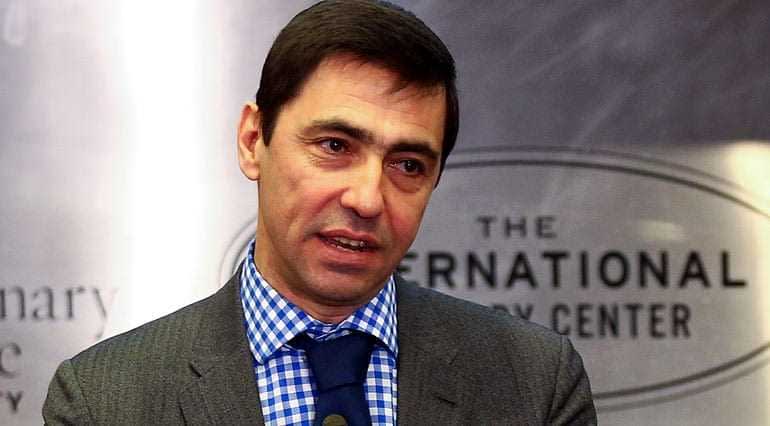
The Council of Members of the International Olive Council (IOC), the intergovernmental organization mandated by its members to administer the soon-to-be-expired 2005 International Agreement on Olive Oil and Table Olives, has extended the term of its executive director, Jean-Louis Barjol, for another year.
At the Council’s 102nd session in Madrid last week the members agreed, despite the opposition of Turkey, which chairs the IOC, to keep the director on through 2015. Barjol’s contract was set to expire this month, along with the charter the Council operates under.
At the meeting, the Council of Members approved a report by its Economic Committee on world olive oil production, consumption, imports and exports for the the last two seasons, and estimates for this year that predict a decline in olive oil consumption in every major market including Europe, the United States, China and Japan.
In other business, the IOC said it had recognized 65 chemical labs and 57 sensory testing labs this year, and conducted meetings on olive oil composition, organoleptic assessment and new testing methods.
For 2015, the members approved a range of activities including the continuation of a technical assistance program, a scholarship fund for university studies in olive oil and four international courses for leaders of olive oil tasting panels, chemical methods, the reuse of byproducts and integrated controls.
IOC STATEMENT: 102nd Council of Members
Members accepted a 2015 budget, but it was not formally adopted for reasons the IOC did not indicate in its statement. An extraordinary session scheduled for February will adopt the budget and other outstanding measures, the IOC said.
Members agreed to continue working on drafting the new international agreement that will serve as the organization’s mandate.
Turkey had objected to a proposal to extend Barjol’s contract on the grounds that it would “disregard the Council’s institutional experience of overcoming problems,” but the members extended his term anyway, buying time to rework the international agreement.
Barjol’s four years at the IOC has been a period of major challenges in the sector. His early campaign pledge to engage the United States, even welcome it as an IOC member, was never to materialize. On the contrary, efforts by burgeoning American producers, and their like-minded mates in Australia, have had the intended effect of marginalizing the intergovernmental organization at every turn.
Despite a steady stream of science supporting the unrivaled health benefits of olive oil consumption and the emerging wealth in huge markets like Russia, India and China, global olive oil consumption is lower now than when Barjol took office, failing even to show a gain with population growth over the term.
The low point in the Barjol administration might have been in early 2013, when the organization’s budget impasse required it to operate in a state of limbo that prevented Barjol’s travel to represent the sector at a key Codex meeting.
High-profile exposés such as Tom Mueller’s Extra Virginity, a critical report by the University of California at Davis and a New York Times infographic have proceeded to slam the reputation of olive oil in general and confound consumers, while well-funded campaigns by seed oil producers gladly took advantage of industry infighting.
In an indication of how little good news there has been during his tenure, Barjol launched an effort in late 2012 to foster “positive writing by journalists about the olive industry,” by offering €5,000 for the best article “promoting the desire to discover and enjoy olive oil and table olives” — only to cancel the contest after the deadline due to a lack of entries.







